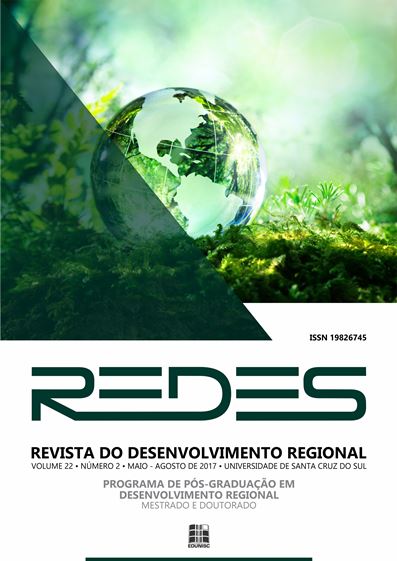Ecological Succession, Entropy and the Autonomy-Heteronomy Model for Analysis of Agricultural Systems
DOI:
https://doi.org/10.17058/redes.v22i2.9409Keywords:
Agricultural system. Agroecology. Sustasinability.Abstract
It is proposed a agronomic analytical model, Autonomy-Heteronomy, for description and analysis of agricultural systems. Autonomous systems are characterized by preferential use of local resources and strategies to meet local or regional needs. They are systems of low entropy and located in the most advanced stages of the ecological succession. The heteronomous systems are characterized by preferential use of global resources and preferential orientation to commodification. They are high entropy systems and located in the earliest stages of succession.Downloads
Download data is not yet available.
Downloads
Published
2017-04-30
How to Cite
de Azevedo, R. A. B. (2017). Ecological Succession, Entropy and the Autonomy-Heteronomy Model for Analysis of Agricultural Systems. Redes , 22(2), 70-91. https://doi.org/10.17058/redes.v22i2.9409
Issue
Section
Agroecologia



